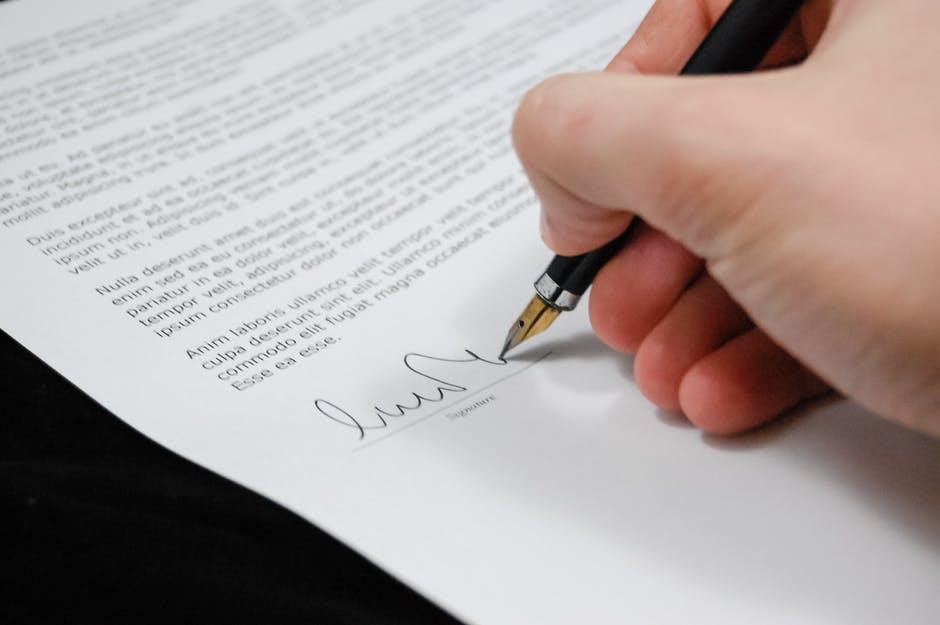When inventors develop a potentially profitable product, they are faced with the opportunity of developing their product, as well as the need to protect it against infringement. To make money from this invention, you need to collaborate with manufacturers and distributors and introduce the product to the market. To pitch to prospective partners, you need to disclose this groundbreaking invention. But, what if the proposed company steals your idea?
Profitable inventions demand protection. While a patent agent or attorney in Edmonton can help you secure patent protection for your invention, patents may not always be an option. Today, we take you through some ways to sell your invention without jeopardizing your rights:
- Secure an Early Filing Date for Patents
Since patents provide you 20 years of exclusive rights to make, use, and sell the invention, they are a preferred option of protection for most inventors. However, to obtain patents, your invention must be novel, or new. It must also be non-obvious, i.e., unpredictable enough for experts in that field. Lastly, it must be functional. A person in the field must be able to utilize it with ease by simply reading the user description. If your invention fits in this patentability criteria, then patent protection may be your best option. Having an early filing date can give you a leg up in the protection of your invention. Canada is a first to file country. Hence, the early filing date may deter infringers to steal and patent your idea. A patent agent can also help you in obtaining protection for your Intellectual property systematically.
- Use a Non-Disclosure Agreement
Although patent protection is highly beneficial, you may not always be able to patent your invention, especially if it does not satisfy the patentability conditions. In such cases, you may want to consider having your prospective licensees sign a Non-Disclosure Agreement (NDA). This agreement contains details about the invention, classification of confidential and non-confidential information, obligations of the party receiving the information, and the time period for which the clause of confidentiality is valid. The agreement may also include clauses on alternative dispute resolution. Such an agreement prevents the licensee from disclosing the invention to the public prematurely. Having a contract lawyer assist with the preparation of an NDA is suggested to ensure the NDA is sufficient.
- Protection without any Agreements
Although it is best to work with a non-disclosure agreement in place, you may not be able to convince some licensees to sign it. If the prospective company is not ready to sign an NDA, but having them on board is crucial to you, then you may wish to research the company. If the company turns out to have a poor reputation, then it is advisable to not enter into a deal with them. Another way to protect your invention is via a trade secret like Coca-Cola. However, if a third party independently invents or discovers the subject matter of your trade secret, then you cannot stop them from using it or even patenting it.
Consulting an intellectual property lawyer in Edmonton can help you determine the appropriate way of protecting your invention. If you have a product and are seeking legal protection for it, consult our professionals at Prowse Barrette (Previously Prowse Chowne).

